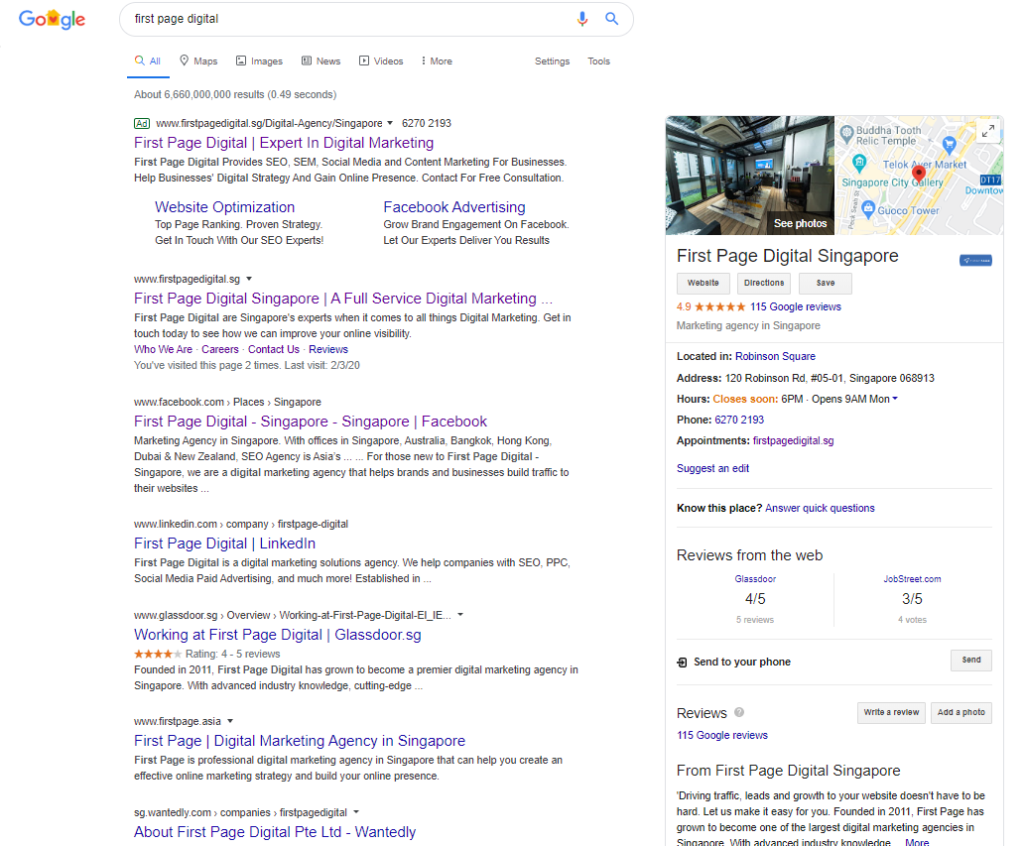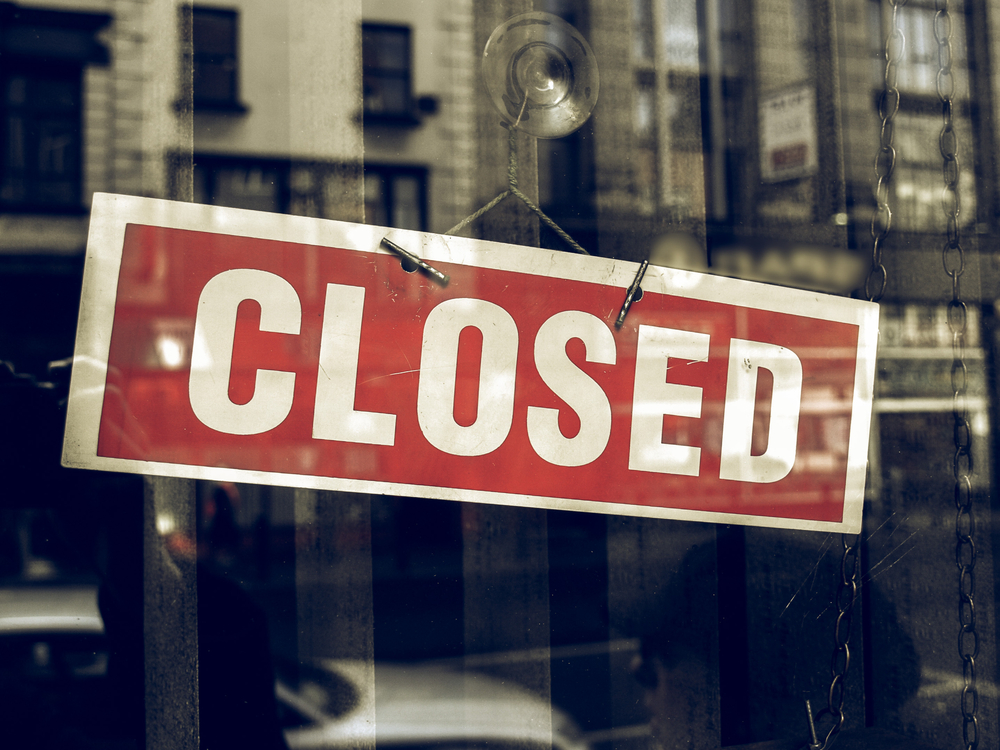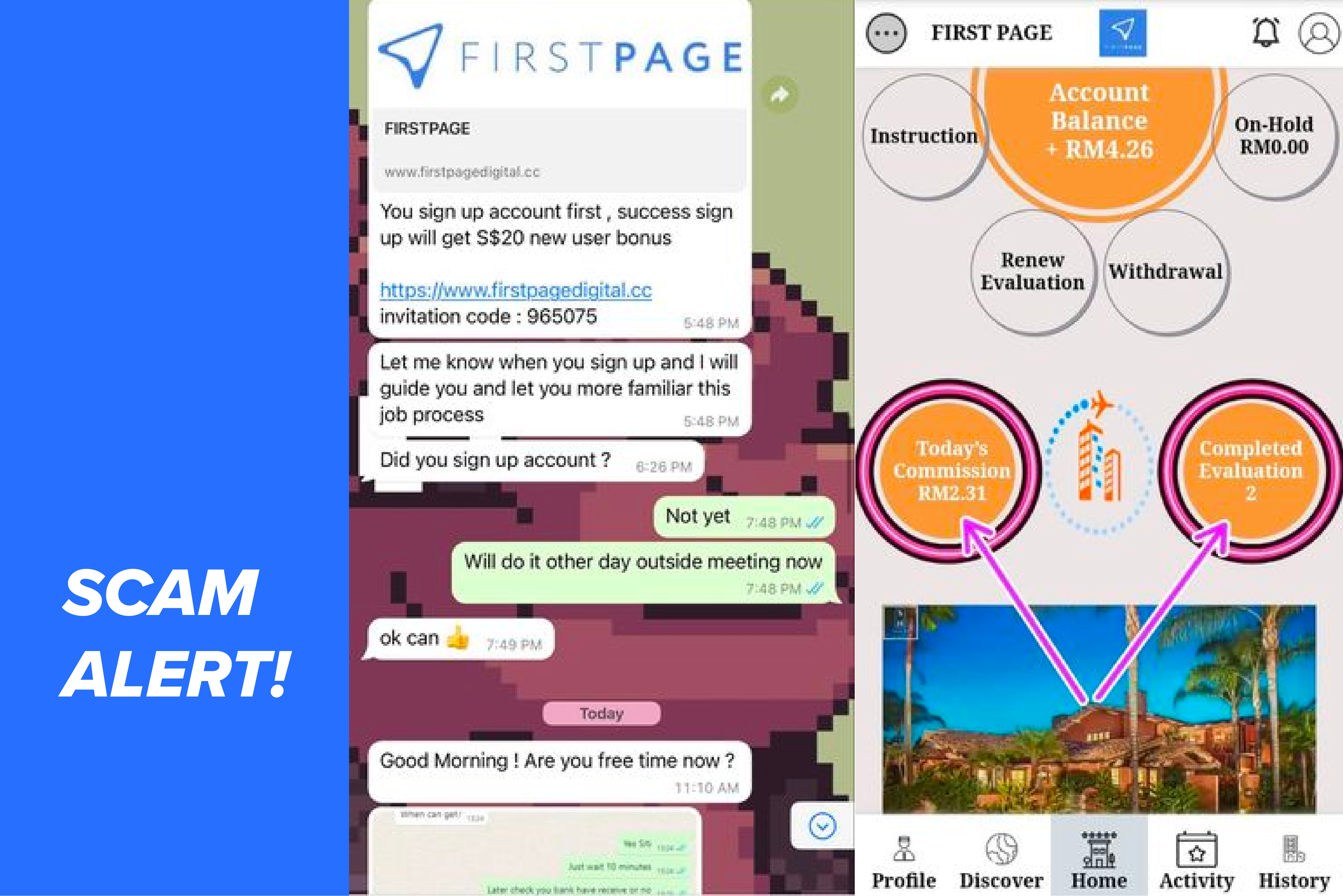The year 2020 will go down in history as the year of the COVID-19 Outbreak.
Everyday, news about new confirmed cases have been dominating local publications.
People are staying home more and regular commuters are donning face masks daily.
If you check your LinkedIn feed, you might come across as many as 4 out of 10 posts about how COVID-19 has been affecting various industries.
On other channels like Instagram & Facebook, there are even comical memes, about how individuals are coping. You can also find health resources and reminders.
Like the aforementioned marketing channels, Google has, too, been doing its part to combat and raise awareness about the virus.
Google’s Responses to the COVID-19 Outbreak
Google accounts for 91.98% the global search engine market share. It has been ranked as one of the globe’s top search engines to date.
As one would expect, Google’s responses to the COVID-19 Outbreak have been anything but mild. In fact, they are actively implementing new measures to feed users accurate and relevant information about the virus and state of affairs.
Check out Google’s responses to the COVID-19 Outbreak below:
1. Teamed Up with Digital Giants
In times of war and strife, states banded together to form a coalition against their enemies.
Today, digital powerhouses are doing the same to combat the virus.
In March, Bloomberg announced that Google has teamed up with Microsoft (parent company of Bing), Facebook, Reddit, Twitter, YouTube and LinkedIn.
According to a tweet by Microsoft, this move was done in response to keep all digital users connected and up-to-date with the latest information about the virus.
A joint industry statement on COVID-19 from Microsoft, Facebook, Google, LinkedIn, Reddit, Twitter and YouTube: pic.twitter.com/uKEXvjMuBi
— Microsoft (@Microsoft) March 17, 2020
2. A COVID-19 Website

Of all of Google’s responses to the COVID-19 outbreak, this is probably the biggest.
In the same month, the digital giant rolled out a website dedicated to content about the virus. The website – https://www.google.com/covid19/ – provides free resources in a variety of languages about the virus as well as how users can stay safe wherever they are in the world.
Users can also get the latest statistics and updates from the website.
3. Google My Business Opening Hours

Google has taken Stay Home Notices and Work-from-Home measures into account and rolled out a designated function on Google My Business which lets businesses update their operating hours based on their business continuity plans.
Businesses also have the option of adding a “Temporarily Closed” label if they wish.
4. …and Some Features have been Removed
What’s wrong with this picture?

Nothing is wrong, per say, but something is different about Google My Business.
Google has rolled out limitations on one particular aspect of the Google My Business listing.
Now, businesses cannot reply to reviews and new ones will not be published immediately.
5. Fact-checker Feature

Unfortunately in this temperamental environment, fake news remains a pertinent issue and we know about the domino effects of fake news on mental and emotional well-being.
Social Media Today reported that Google donated $6.5 million to assist fact-checking platforms. This ensures factual information is being circulated and published.
Ballooning Digital Usage
How are you choosing to entertain yourself at home?
Since numerous venues have opted for temporary closures and non-essential stores have closed adhere to the government’s social distancing measures, internet usage has been off the charts.
We’ll let the numbers shown on Forbes do the talking:
- Internet usage has grown by 50-70%
- Live-streaming has increased by 12%
The internet is a limitless resource and most people have been relying on it for multiple reasons from business to leisure.
More people are on the internet these days for work, entertainment, information and commerce.
With Google’s responses to the COVID-19 Outbreak, business in the digital space is likely to change as well.
What These Changes Mean for You
Obviously, you can expect the bulk of search queries to be related to the pandemic but how will this affect your business?
1. You Must Be Considerate with Website Images

With the emphasis on social distancing, images showing crowds and gatherings are probably not the most appropriate as this could give off the wrong impression.
Google recommends that websites ought to avoid using images that show tons of human interaction. So you might want to rethink your visual content plan.
2. You Should Adjust Your Promotional Ads and Content

Since people are choosing to stay home more and non-essential businesses are to close, you might have to throw your entire SEO and SEM content strategies out of the window.
There is no point investing your marketing budget into ads or spending hours creating a landing page for a venue promotion when you can’t get those conversions.
You might be better off putting these on hold now and focusing on other marketing aspects.
3. Don’t Forget to Update Your Google My Business Listing

If your business has to halt operations temporarily or you have updated your opening hours. Make sure you update the operating hours on Google My Business. After all, your customers will (most likely) be referring to information online if they want to get in touch with you.
Transform a Challenge into an Opportunity
It hasn’t been an easy time for anyone.
As many consumers stay home and head out less to minimise risks, there are going to be more people online than usual.
Since there are going to be more active users, why not use your time at home to spruce up your website?
While these unprecedented times have many of us feeling anxious and uncertain, it is important as a business to do your part in providing helpful, relevant and accessible information to your customers.
Don’t count the days for the DORSCON Level in Singapore to be reduced to yellow. Instead, use this opportunity to reassure your customers, do your part in combating the virus and put your strategies to the test.
Finally, during times of unpredictability, always remember to empathize with your customers. Try putting yourself in their shoes. Ask yourself how you can help ease their uncertainty and how you can build trust.
We noticed tons of people doing random challenges on TikTok. Not just millennial but also corporate personalities and healthcare personnel! Should you consider expanding your strategy to this platform?

















